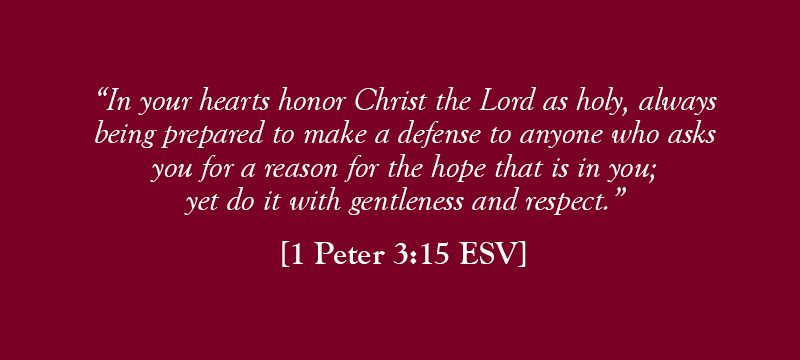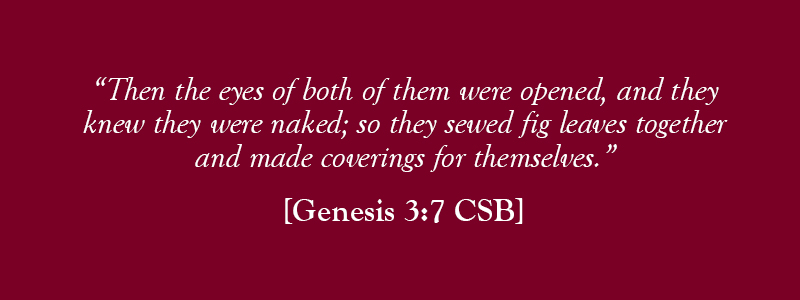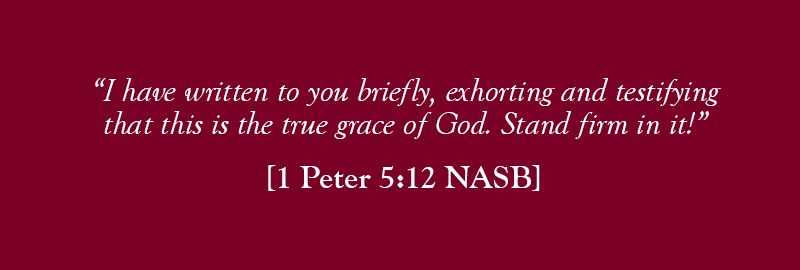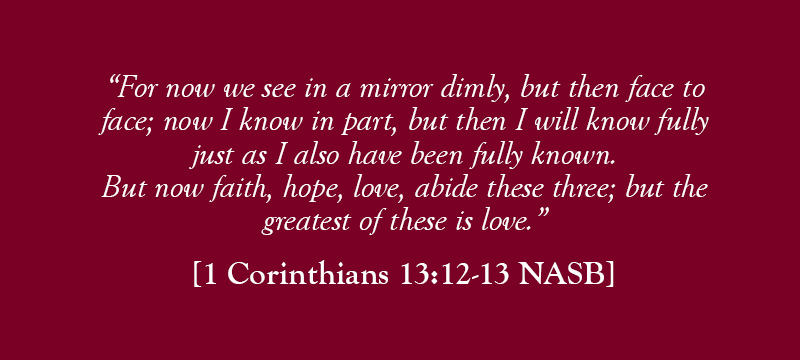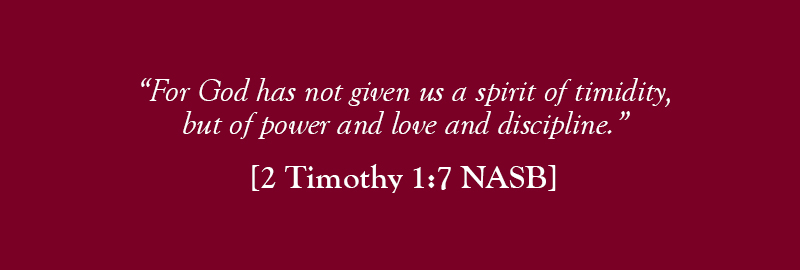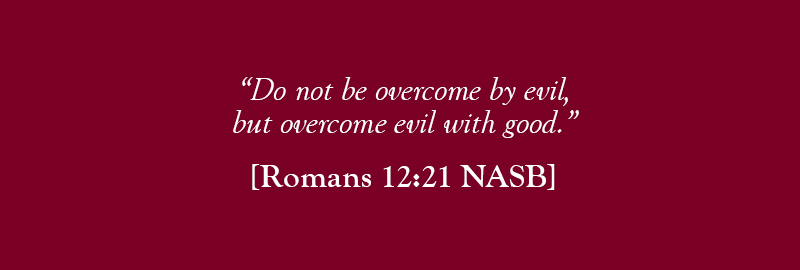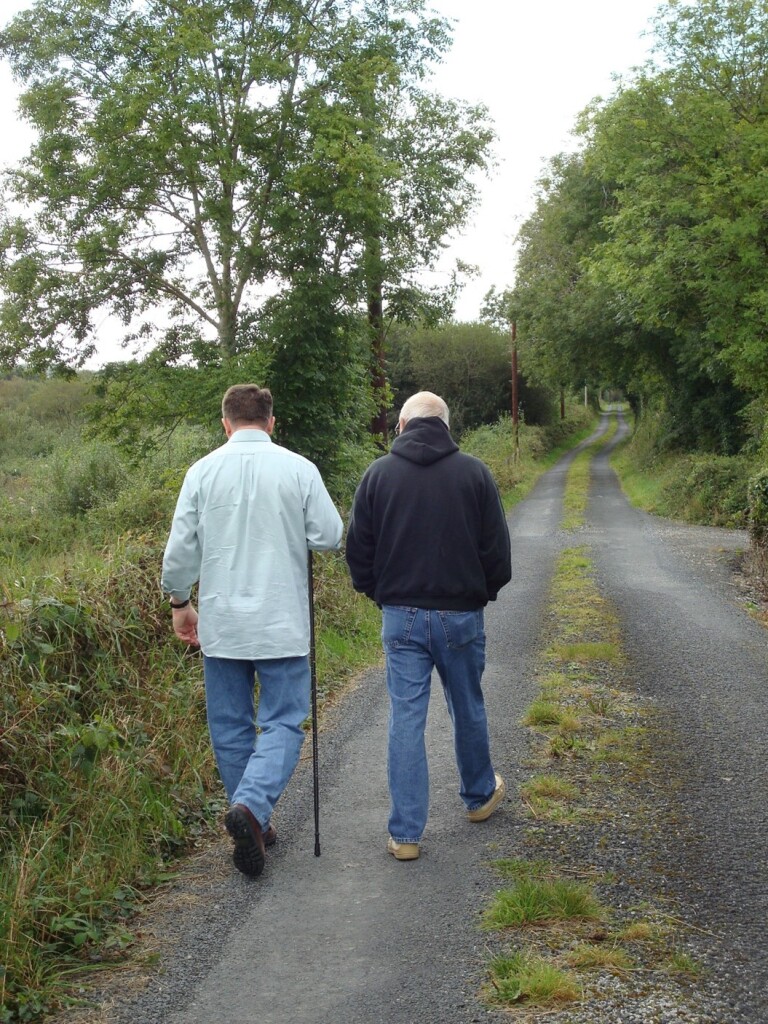|
Apology
Many Christians have expressed extreme dismay over the recent revelations regarding the abhorrent sin patterns of Apologist Ravi Zacharias. I have received notes and read articles full of anger; others are more sorrowful; a few are using the opportunity to propose sweeping changes to biblical sexuality; and one person wrote to tell me that she had to increase her anxiety medication as a result of learning about her Christian hero’s exposed wretchedness.
One thing no one has done, at least in my hearing, is apologize for Dr. Zacharias. That seems healthy, as nothing is gained by excusing sin. However, the idea of apology may be one of the most important things to consider as one learns from the fall of Ravi.
An “apologist” is one who speaks in defense of something. Early Christians used the term of their efforts to explain Christianity with logic, as commanded in 1 Peter 3. Over the centuries, apologists have made many great contributions to biblical understanding and broader human thought. One of the best known is C.S. Lewis, whose copious 20th century output continues to bear fruit today.
Warning
In the first Socratic Digest [a magazine that published the notes from respectful discussions held between Christians and atheists in Oxford], Lewis wrote, “If I may trust my personal experience no doctrine is, for the moment, dimmer to the eye of faith than that which a man has just successfully defended.”
This is very telling. Lewis is confessing that he personally struggled with the diminishment of trust in God especially when he won an argument. In his excellent book The Narnian, professor Alan Jacobs notes that Dr. Lewis spoke to this problem on other occasions. In a speech about “Christian Apologetics,” Lewis said this to group of youth leaders in Wales:
One last word. I have found that nothing is more dangerous to one’s own faith than the work of an apologist. No doctrine of the Faith seems to me so spectral, so unreal as one that I have just successfully defended in a public debate. For a moment, you see, it has seemed to rest on one’s self: as a result, when you go away from that debate, it seems no stronger than that weak pillar. That is why we apologists take our lives in our hands and can be saved only by falling back continually from the web of our own arguments…into the Reality – from Christian apologetics into Christ Himself.
Reality
Here is a brilliant and biblical response to the weakness of human defenders of the faith – continually fall back on Christ. When we rest on Jesus – the author and perfecter of our faith – we have no need for bonfires to destroy Dr. Zacharias’ videos, no need to waste time trying to change God’s clear and wonderful words on sex, and possibly less need for anxiety meds. Turn to Reality instead of self or any other human.
Notice that Peter has the same idea in mind, commanding us to honor Jesus as Lord. In our hearts, i.e., what we might call the “center of our will,” we must respect and respond to Jesus as the Master, the only one holy and wholly in charge. This prepares us for all the wretchedness of sin revealed in self and others, protecting us especially from self-righteousness and despair.
God bless,
Wayne
